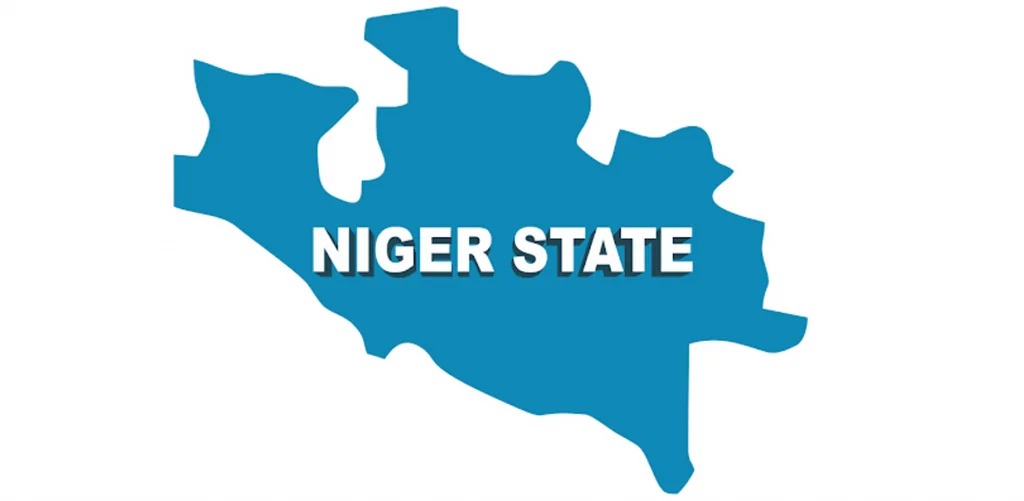Behind Closed Doors: The Niger State Recruitment Process and the Price of Favoritism
 The recruitment process for various positions within the Niger State Civil Service Commission (CSC) has sparked widespread condemnation, with allegations of corruption, favoritism, and gross irregularities threatening the integrity of the process.
The recruitment process for various positions within the Niger State Civil Service Commission (CSC) has sparked widespread condemnation, with allegations of corruption, favoritism, and gross irregularities threatening the integrity of the process.
SaharaReporters has learned from multiple sources that high-ranking officials, including the Secretary to the State Government (SSG), state commissioners, and members of the State House of Assembly, have been allocated “special recruitment slots” to appoint their own candidates, bypassing the merit-based system that is supposed to govern such processes.
Shocking Turn of Events: Shortlisted Candidates Turned Away
Disturbing accounts from applicants suggest that the recruitment process has been riddled with unfair practices. Some applicants, who had successfully completed the online interview and were shortlisted for the final physical interview, were inexplicably turned away on the day of the interview after waiting for hours.
“We waited for over six hours, only to be told our qualifications didn’t meet the requirements, despite being selected for the final stage,” one frustrated applicant recounted.
In some cases, applicants were informed that they were looking for candidates with different qualifications, leaving many confused and disappointed.
Power and Influence: The Real Forces Behind the Recruitment Process
Sources within the Niger State Civil Service Commission have claimed that the chairman of the commission has little control over the recruitment process. Instead, the real power lies with those above him, particularly the SSG, commissioners, and state lawmakers, who are allegedly using their influence to place favored candidates in government positions.
“There are two lists,” a source within the CSC said. “The one posted on the website for the public is not the one used for documentation. A completely different list is being used, and many people who were shortlisted were not even called for documentation.”
Candidates in various sectors, especially in education and healthcare, have expressed frustration at being sidelined despite being shortlisted. “I applied under education, and though I was shortlisted, my name wasn’t on the list when I went for documentation,” one applicant lamented. “Others who weren’t even interviewed had their names on the list.”
A Deep-Rooted Culture of Corruption and Bribery
As the recruitment process became increasingly shrouded in controversy, many applicants voiced concerns over the rampant corruption and favoritism that had become the norm. One applicant decried the situation, saying, “It’s no longer about who deserves it; it’s about who you know and how much you can give.”
Sources familiar with the recruitment process claimed that unqualified candidates were inserted into the list through the office of Abubakar Usman, the SSG. It is also alleged that those with the deepest pockets are securing appointments, paying between N300,000 and N500,000 to secure their positions.
“Many unqualified candidates were smuggled into the system through backdoor deals,” a source stated, adding that the process has been deeply tainted by financial transactions.
No Transparency: Authorities Tighten the Lid on Information
Despite the widespread concerns, efforts by SaharaReporters to get an official response have been met with silence. Binta Mamman, the state’s Commissioner for Information and Strategy, did not respond to repeated calls and messages requesting comment on the allegations.
The situation is further complicated by reports that the Niger State Deputy Governor, Yakubu Garba, who also chairs the recruitment committee, has instructed that no committee members speak to the media regarding the recruitment process. Journalists in the state have been unsuccessful in obtaining information, further fueling suspicions of misconduct.
A Call for Accountability: Investigate the Irregularities
Given the seriousness of the allegations and the widespread frustration among applicants, there have been calls for the Niger State government to intervene and investigate the recruitment process. Many believe a commission of inquiry is necessary to uncover the full extent of the irregularities and ensure that the civil service appointments are based on merit rather than political connections and financial power.
As the situation continues to unfold, it remains clear that the recruitment process in Niger State is facing a crisis of credibility, with questions surrounding the integrity of the civil service commission’s operations.













